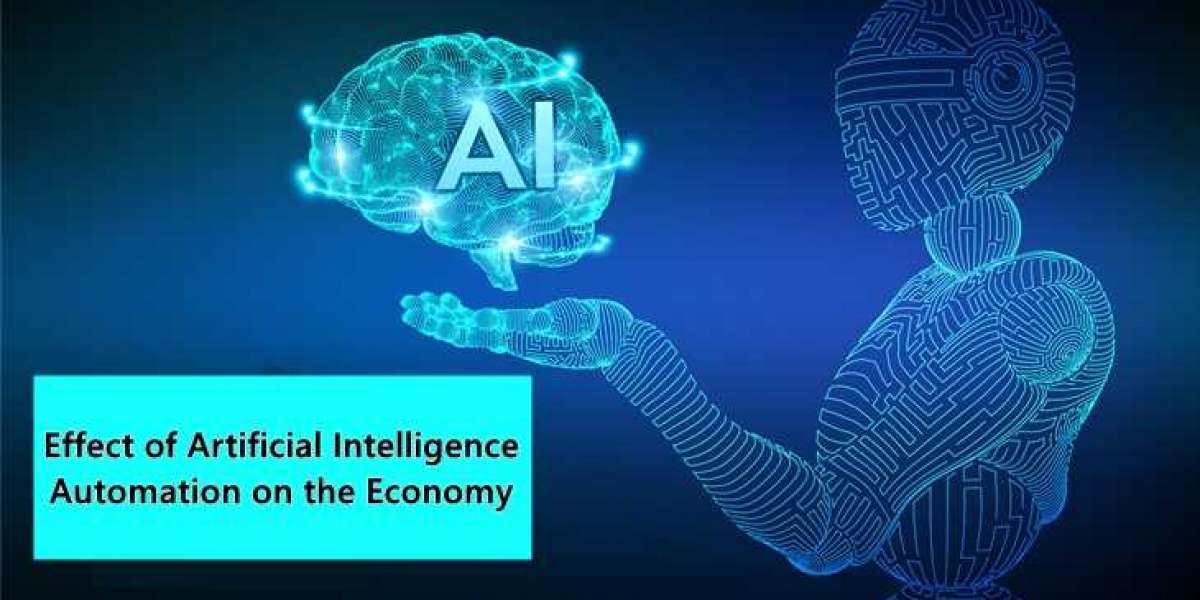Automation and artificial intelligence (AI) are rapidly transforming the economy and changing the nature of work. While automation and AI have the potential to improve efficiency and productivity, they also pose significant challenges for workers and the economy. In this blog, we will explore the effects of automation and AI on employment and the economy.
Increased Efficiency and Productivity
One of the main benefits of automation and AI is the increased efficiency and productivity they can bring to businesses. Automated systems and AI can complete tasks faster and more accurately than human workers, which can lead to increased output and reduced costs for businesses. This increased efficiency can also lead to higher wages and greater job security for workers who are able to adapt to the new technologies.
Job Displacement
However, the increased efficiency and productivity of automation and AI also has the potential to displace workers. Many jobs that are currently performed by humans could be replaced by automated systems and AI in the near future. This includes jobs in manufacturing, transportation, and even white-collar professions such as accounting and legal work. The displacement of workers from these industries can have significant consequences for individuals and the economy as a whole.
Skills Gap
As automation and AI continue to evolve, there is a growing concern about the skills gap that will emerge between the jobs that are being replaced and the jobs that are being created. The new jobs that are being created in the field of automation and AI require a different set of skills than the jobs that are being replaced. This means that workers who are displaced by automation and AI may need to be retrained in order to compete for the new jobs that are being created.
Income Inequality
Another major concern about the effects of automation and AI on employment and the economy is the potential for increased income inequality. As the jobs that are being replaced by automation and AI tend to be lower-wage jobs, there is a risk that this will lead to a widening gap between the highest and lowest earners. This could lead to social unrest and a decline in overall economic growth.
Impact on Small Businesses
Small businesses are also likely to be impacted by automation and AI. While these technologies can increase efficiency and productivity, they may also make it more difficult for small businesses to compete with larger businesses that have the resources to invest in automation and AI. This could lead to a decline in the number of small businesses and a concentration of wealth and power in the hands of a few large corporations.
Conclusion
In conclusion, the effects of automation and AI on employment and the economy are complex and far-reaching. While automation and AI have the potential to increase efficiency and productivity, they also pose significant challenges for workers and the economy as a whole. Job displacement, the skills gap, income inequality, and the impact on small businesses are all concerns that need to be carefully considered as we move forward into an increasingly automated and AI-driven future. It is important for policymakers, businesses, and workers to work together to ensure that the benefits of these new technologies are distributed fairly and that no one is left behind in the transition to a more automated and AI-driven economy.






